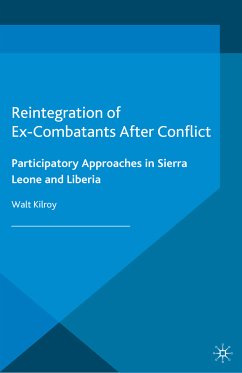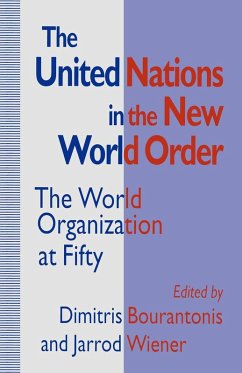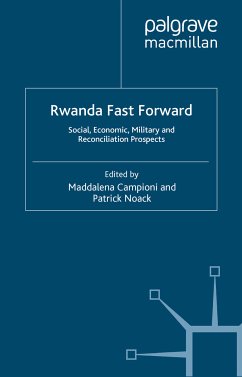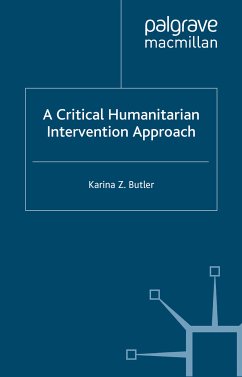
Ex-Combatants and the Post-Conflict State (eBook, PDF)
Challenges of Reintegration
Versandkostenfrei!
Sofort per Download lieferbar
40,95 €
inkl. MwSt.
Weitere Ausgaben:

PAYBACK Punkte
20 °P sammeln!
This book provides a critical analysis of the reintegration challenges facing ex-combatants. Based on extensive field research, it includes detailed case studies of ex-combatant reintegration in Namibia, Mozambique, Sierra Leone, and Liberia.
Dieser Download kann aus rechtlichen Gründen nur mit Rechnungsadresse in A, B, BG, CY, CZ, D, DK, EW, E, FIN, F, GR, HR, H, IRL, I, LT, L, LR, M, NL, PL, P, R, S, SLO, SK ausgeliefert werden.












